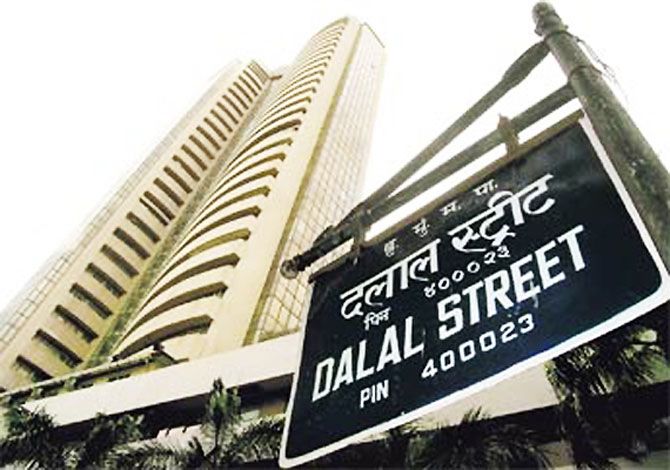These three industries might offer a roller-coaster ride and stocks would have to be held for a significant time

The shares of cement and steel companies have outperformed the broader indices in the past month or so. Most of the bigger listed companies have seen double-digit percentage returns in this period. The causes for the optimism are worth looking at.
Steel has already received some protection against imports and the industry is likely to receive a financial bailout of some description. A minimum import price has been set for various steel products for the next six months, which should offer some protection against cheap imports.
The financial bailouts could involve complex restructuring. For example, bank loans might be converted into preference shares, or into equity. Alternatively strategic investors could be brought in to take short-term stakes.
Ultimately offtake has to improve and prices have to be renumerative for the industry to turnaround.
Steel consumption is heavily driven by construction activity and by the automobile industry. The automobile and construction industries have been complaining that the minimum import price protection pushes up their costs. But, we'll just have to accept that the steel manufacturers lobbied more efficiently than their end-users.
The cement industry doesn't need protection against imports because it is not easy to transport cement. But, the industry has suffered from over-capacity and low realisations for several years. Industry players believe that there could be a turnaround in this financial year.
The emphasis on infrastructure and the attempts to revive real estate activity should lead to enhanced demand for cement. In addition, there are some sops such as exemption of service tax on low-end housing and also exemption of excise if the mix is manufactured onsite for construction. There has also been consolidation in the industry with Ultratech buying out Jaypee's cement capacity amounting to 22.4 million tonnes per annum.
It is inconceivable that steel and cement can do well without a pickup in construction. That is another industry which has been beaten down for the past several years. Construction is yet another industry, which is worth targeting for a likely turnaround and indeed, there are signs that investors are getting into construction.
Projects have stalled and credit cycles have lengthened. Construction companies are among the larger contributors to NPAs and debt-laden construction companies and developers have been forced to sell off their assets in order to unwind leverage.
It's early days and this could be a false dawn in the sense that there have not yet been visible improvements in the financials of these industries. However, there have encouraging advisories by industry stakeholders and there seems to be consensus that a revival is on the cards.
Dabbling in these shares will be a fairly high-risk propositions. These are extremely cyclical industries and their fortunes are heavily tied up with the government being able to deliver on both policy and processes. As we've seen over the past several years, there are no guarantees under such circumstances. However, if this revival is indeed fundamentally sustainable, the returns could be phenomenal over the next couple of years.
Out of these three industries, cement is probably in the best shape financially. However, paradoxically enough, if we're looking at turnarounds, the biggest returns are likely to come from the companies which are in the worst shape.
These three industries might offer a roller-coaster ride and stocks would have to be held for a significant time. However, if you have a reasonable risk-appetite, consider going overweight in stocks in these three businesses. Commit only a quantum of funds that you don't mind losing and be prepared to hold on for at least two years.
Photograph: PTI
Devangshu Datta is a technical and equity analyst











